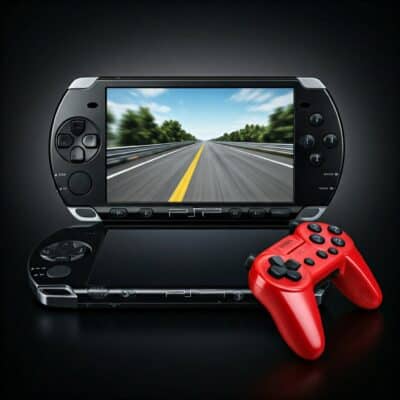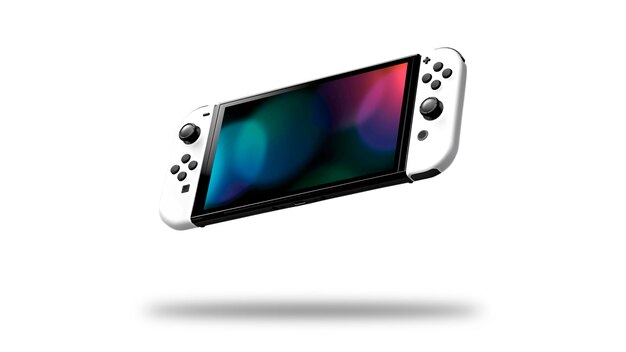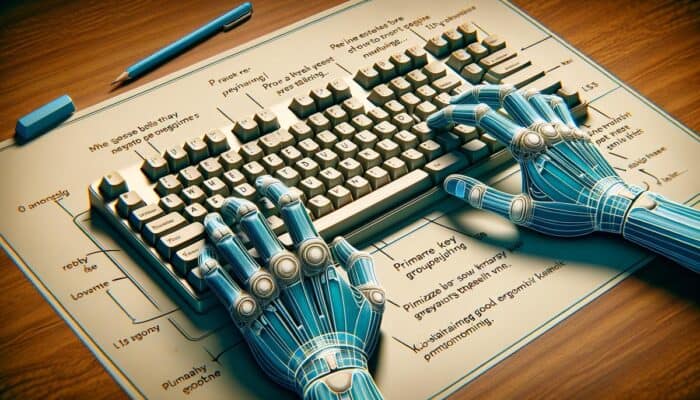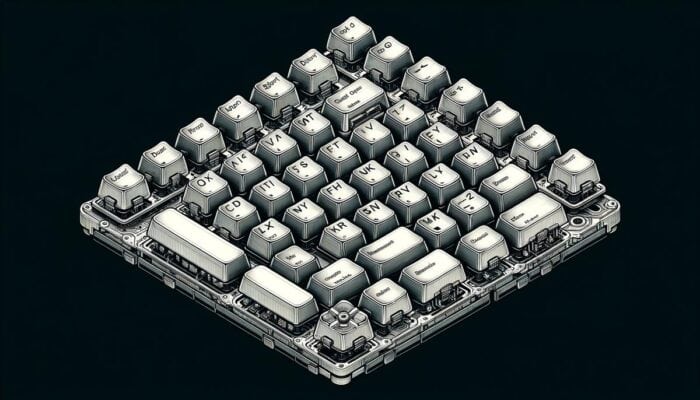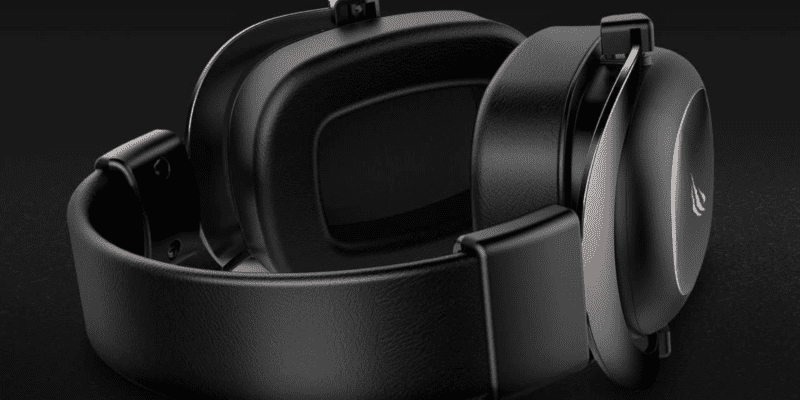Gaming Screen, Blog
LCD Monitor – 4 Great Points You Need To Know Before Buying!
What is LCD monitor and how does it work? The liquid-crystal display (LCD) refers to the monitor’s operation.
Liquid crystals are placed between two layers of glass behind the screen and are used to modify the colors…
…of pixels to create the images you see. Although the process is far more involved, this is the gist of how LCDs work.
CCFLs were once used to backlight some LCDs (cold-cathode fluorescent lamps).
LCD displays with fluorescent backlighting have been around longer, therefore they will be less expensive…
…than LED monitors if you can find one. However, if you’re a gamer seeking for fast refresh rates…
…and response times, fluorescent backlighting will be difficult to come by…
…LCD monitors with LED backlights have almost totally replaced them.
This is what Michael said…
If you truly want to make an informed decision, I recommend that you learn more about LCD technology.
There is a lot that the Display industry attempts to keep the average consumer unaware of, such as how awful LCD is.
A liquid-crystal display (LCD) is a flat-panel display or other electronically modulated optical device that uses the light-modulating properties of liquid crystals combined with polarizers. Liquid crystals do not emit light directly, instead using a backlight or reflector to produce images in color or monochrome.
LCD Monitor according to Wikipedia
LCD Monitor on Work Rift
HUGON 24 Inch 1920×1080p TFT/LCD Curved Screen PC
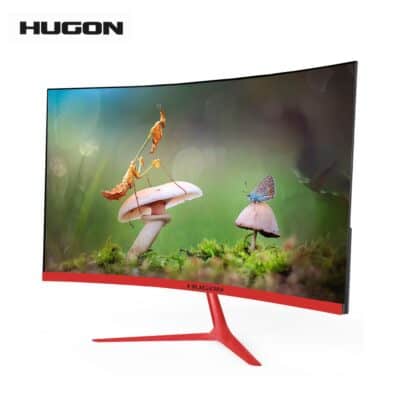
You can try HUGON 24 Inch for your first curved gaming monitor…
-
Ultra Slim Design. OS Compatibility- Windows 10, Windows 8, Windows 7, macOS High Sierra, macOS Sierra, OS X El Capitan
-
Ultra Slim Profile Contemporary Sleek Design Slim Bezel with ,Metal base ; Dynamic Contrast Ratio: 3,000 : 1
- HDMI and VGA Up to 75Hz refresh Rate. Brightness: 250 cd/m2, colors: 16.7M (6-bit Hi-FRC)
- Blue Light Shift Reduce your monitors blue light to protect you from eye fatigue, irritation and strains. This enables you to work on you documents, watch movies, or play games more comfortably for extended periods.
- About LCD panel properties If the buyer does not explicitly request, Please prevail in kind received. Thank you for your understanding and support.
- For 3.5 AUDIO. Currently 22inch and 24inch are subject to process limitations. Temporarily unavailable (Please prevail in kind)
What’s the Difference Between an LCD and LED Screen?

First and foremost, let’s define the differences. LCD stands for Liquid Cyristal Displays, to begin with.
It’s found in a wide range of everyday items, including laptops, tablets, televisions, and even smart watches.
Its widespread use stems from its practicality. When compared to CRT (Cathode Ray Tube) screens…
…LCD screens are substantially thinner and use less energy. An LCD screen is made up of an unique liquid…
…squeezed between two panels of screens that is activated when it comes into contact with a current.
LCDs also don’t emit light on their own; to illuminate the screen, backlights are used on the sides…
…or back of the panels. The Cold-Cathode Fluorescent Lamp (CCFL) is the most prevalent technology…
…for backlighting LCDs.
LED stands for Light Emitting Diode and is commonly found in televisions and monitors.
It was designed by Samsung and has a shallow depth. It is also lighter than other screen options.
The backlighting is the only significant difference between an LCD and an LED panel.
LED screens have a series of light emitting diodes scattered all around the screen that illuminate the screen…
…whereas LCD screens rely on a single backlight and disperse it through a series of tubes.
LED screens, by utilizing a large number of light sources, are able to provide benefits such as…
…a wider dimming range, higher contrast rates, and lower energy consumption…
…despite the fact that they are more expensive.
Here’s the Low-down on LCD Monitors
Liquid crystal display (LCD) technology is used in the majority of the technology we deal with on a daily basis.
LCD screens can be found in smartphones, tablets, televisions, and smart watches.
LCD screens are smaller, thinner, and use less energy than CRT screens.
LCD technology emerged first, followed by light-emitting diode (LED) technology.
LCD Monitors Are Cheaper
LCD displays are typically less expensive than LED monitors, however they sacrifice some visual quality.
However, there are many less expensive options available for both types.
The cost of a monitor is determined by not only its quality but also its brand and where it is purchased…
…so you should shop around for options in both categories.
Motion Is the Deal-Breaker for LCDs
Why do gamers still cling to CRT monitors if OLED displays are capable of producing…
…pure blacks and vibrant colors? The solution is in motion. Even the most basic CRT monitor…
…could readily support an 85Hz refresh rate, and most typical monitors run at 100Hz.
At 1920×1200 screen resolutions, high-end CRTs could easily attain 160Hz.
For a smoother, more pleasurable gaming experience, a high refresh rate is required.
CRTs, on the other hand, didn’t have to sacrifice picture quality in order to achieve high refresh rates.
LCDs, on the other hand, struggle to keep up with fast-moving material.
An LCD’s liquid crystals are slow to reach, resulting in long pixel reaction times.
As a result, there’s a lot of motion blur, which makes high-refresh-rate gaming challenging.
Faster response times are impossible to achieve with higher-quality LCDs…
…with IPS screens without sacrificing color spectrum and accuracy.
Because of this, gaming monitors employ TN LCD panels, which have poor viewing angles, washed-out colors…
…and low contrast ratios. LCDs can’t be used by competitive gamers without sacrificing picture quality.
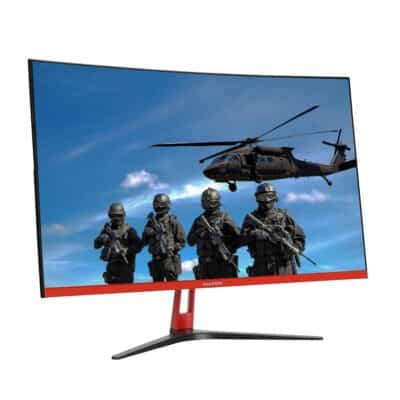
Sum Up
Overall, the monitor you choose should meet your price, aesthetic, and quality requirements.
It should be compatible with the components it’s using and the types of games it’s used to play.
We want a monitor that will endure for years and will be worth the time and effort…
…you put into researching and selecting it.
Conclusion
That’s its all for LCD monitor for gaming, which one will you choose?
It has it owns pros and cons, pick based on what you need…
Let us know what do you think about it on the comment section below!
Related Articles For You!
- You may like: UPERFECT Portable 4k 15.6 Monitor Review: 9 Important Things To Know!
- You may enjoy this article about: Best Portable Gaming Monitors for PC – 4 Top Options for You!
- This article may be interesting: What Is the Best Portable Monitor for Laptop? 5 Top Picks for You!
Our Latest Posts:



